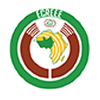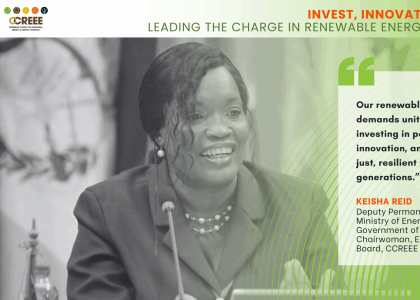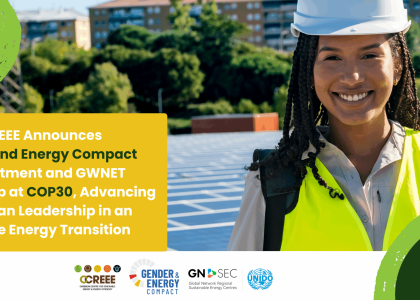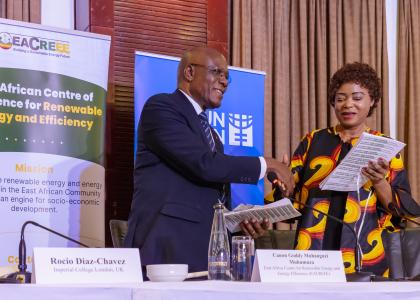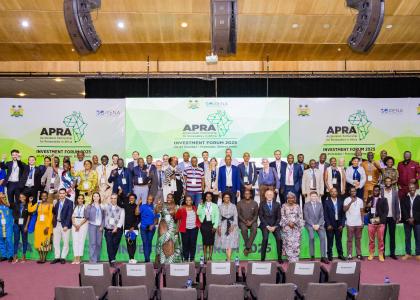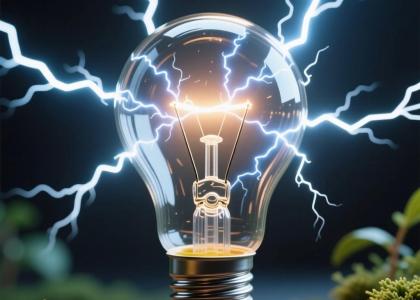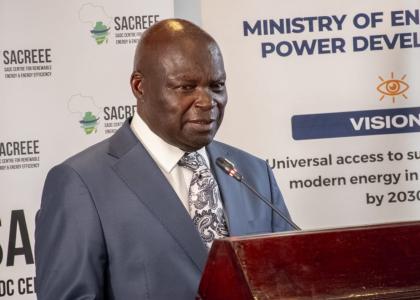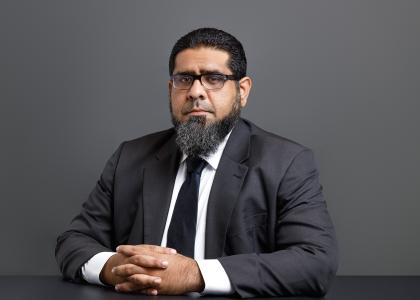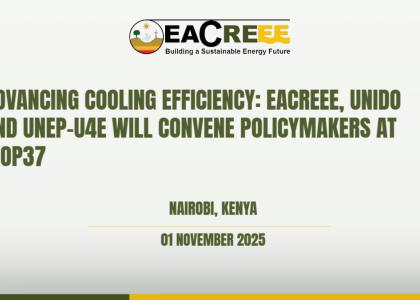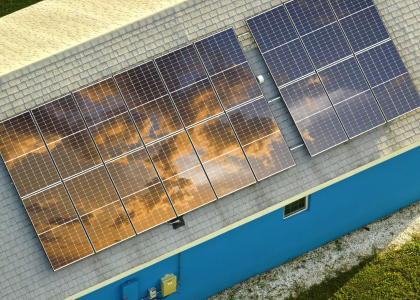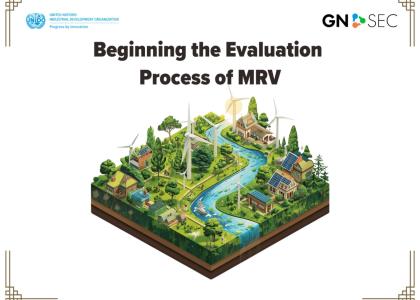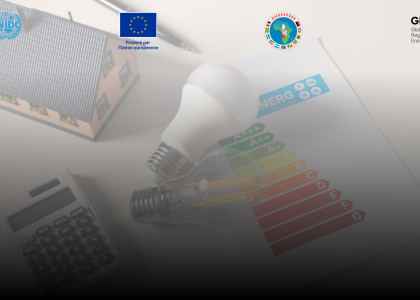30 November 2020 – The Economic Community of West African States (ECOWAS) held its fourth annual Sustainable Energy Forum (ESEF 2020) from 24-26 November 2020. Due to the coronavirus pandemic, this year’s ESEF was held virtually under the high-patronage of His Excellency, Mr. Jean-Claude Kassi Brou, President of the ECOWAS Commission.
The ECOWAS Centre for Renewable Energy and Energy Efficiency (ECREEE) instituted the ECOWAS Sustainable Energy Forum (ESEF) in 2017 to support the investment and policy initiatives of member states in the regional renewable energy sector. Since its inception, the forum has proven to be the largest sustainable energy gathering in the West African region.
Held in partnership with the Alliance for Rural Electrification (ARE), this year’s event attracted nearly 1,200 registrations including energy experts as well as diverse group of stakeholders, financial institutions and civil societies, highlighting the collective progress in achieving the ECOWAS regional sustainable energy targets while emphasising the remaining challenges faced by stakeholders in building a robust renewable energy and energy efficiency market.
ESEF 2020 which coincides with ECREEE’s 10-year anniversary as a specialised institution with the mandate of promoting sustainable energy, raised awareness on the progress made by ECOWAS member states towards achieving sustainable energy targets for 2030.

Addressing the audience at the opening ceremony, the ECOWAS Commissioner for Energy and Mines, Douka Sediko described the renewable energy opportunities in the ECOWAS region as huge and called for a concerted effort in mobilising necessary finances. Commissioner Douka informed dignitaries that ECOWAS has put in place an enabling environment for investment in the region and therefore encourages businesses to always reach out to them for collaborations to expand the renewable energy and energy efficiency market.
Several high-level panel discussions were organised during the forum over three days – some of which focused on the role of off-grid renewables in achieving SDGs in the ECOWAS region. The Minister of Energy from Burkina Faso, Dr. Bachir Ismael highlighted the importance of renewable energy saying that the provision of electricity in rural areas goes hand-in-hand with growth of the local economy. This, he said will help the rural people in member states get themselves out of poverty.
The CEO of the Alliance for Rural Electrification (ARE) David Lecoque expressed his contentment as co-organisers of ESEF 2020 and is a testament of the increased cooperation with ECREEE. Mr. Lecoque described the ECOWAS region as a prime priority for ARE as 47% of its population continue to lack access to electricity. He noted that strong decentralised renewable energy sectors at the national level are key to achieving SDG-7 in the ECOWAS region and beyond.
The Secretary General of RES4Africa Foundation, Roberto Vigotti also noted that “In order to achieve SDG-7, people should be placed at the centre of the agenda. He said that in order to lead an effective and inclusive green transition, we must build the next generation of investors, managers, entrepreneurs and technicians.”
Delivering his remarks, Head of Energy of Innovate UK, David Hytch said Innovate UK’s Energy Catalyst programme aimed at supporting businesses to develop highly innovative sustainable technologies and business models, thus accelerating the clean energy transition in Sub-Saharan Africa and South/South East Asia. He told delegates that Energy Catalyst accelerates the innovation needed to end energy poverty. Mr. Hytch highlighted that “crucial to delivering this is a true partnership between entrepreneurs in UK and West Africa that deliver innovative technology and business models that overcome the challenges faced in the region.”
During the Gender Session, ARE also launched its new gender publication with recommendations based on 17 case studies from members. The publication is entitled ‘Women Entrepreneurs as Key Drivers in the Decentralised Renewable Energy Sector (DRE): Best Practices and Innovative Business Models’. The publication highlights the essential role women play in energy access and sustainable socio-economic development in rural communities and serves as inspiration for innovative gender sensitive approaches to consolidate gender equality at each level of the DRE supply chain.
Addressing the closing ceremony, the Acting Executive Director of ECREEE, Bah F.M. Saho described the annual forum as another opportunity for member states to assess progress made at the national level towards achieving the 2020/2030 sustainable energy targets. He disclosed that less than 600 clean energy mini-grids are operational which falls far short of the regional target of 60,000 clean energy mini-grids by 2020 and 128,000 mini-grids by 2030. He therefore stressed the need to promote the deployment of clean mini-grids and stand-alone technologies to help increase and improve electricity access rate and appealed to partners and donors to collaborate with ECREEE to attain these objectives.
Mr. Saho thanked the co-organisers, their traditional partners and donors as well as participants for their time and efforts in making ESEF 2020 virtual forum a resounding success and thanked the ECOWAS Commission President, the ECOWAS Commissioners for Energy and Mines as well as Finance for their immense support on the implementation of ECREEE programmes. He also paid glowing tributes to ECREEE’s pioneer Executive Director, Mahama Kappiah, for his exemplary leadership and vision that led to the establishment and smooth functioning of ECREEE since its establishment.
This year’s forum was co-organised by ECREEE and ARE, the decentralised renewable energy industry association delivering innovative clean energy solutions throughout Africa, and supported by GET.invest, a European programme which mobilises investments in decentralised renewable energy, supported by the European Union, Germany, Sweden, the Netherlands, and Austria. ESEF2020 is also supported by GIZ and the Austrian Development Cooperation and sponsors such as Energy Catalyst and RES4Africa.
Over 700 participants registered for matchmaking meetings, organised by GET.invest giving them an opportunity to connect with potential business partners, investors and relevant experts to advance projects through virtual interactions.

